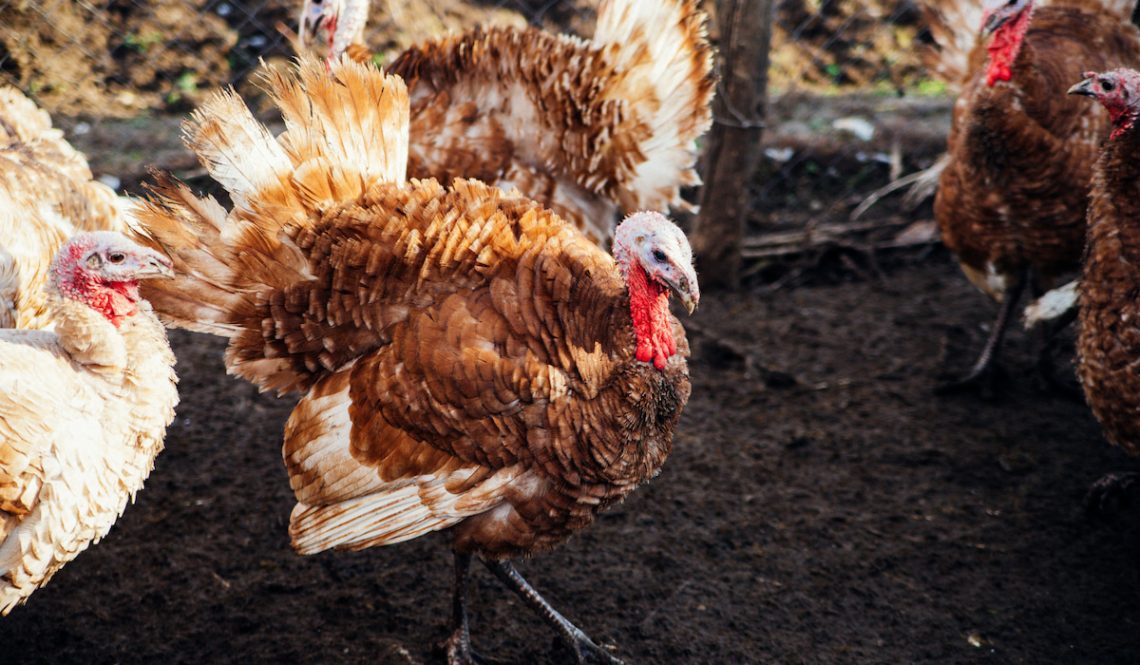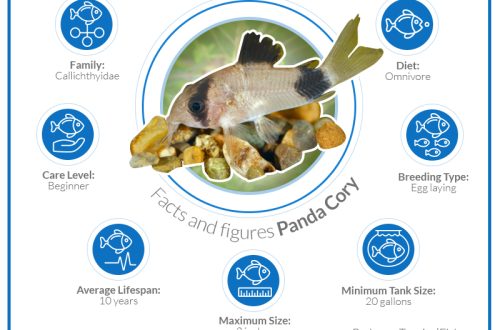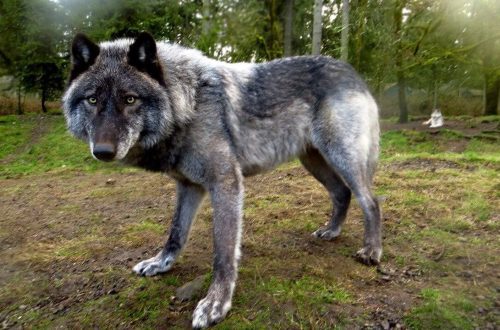
How to grow strong and healthy turkeys, what to feed – advice from experienced poultry farmers
Breeding turkeys is a very profitable, but not the most common occupation among farmers and poultry farmers. This is due to stereotypical beliefs about the poor health and weakness of this bird. There is also an opinion that most of the turkey poults die before they even live a month.
In fact, turkeys require proper careful care and certain living conditions, however, if poultry farmers follow the elementary rules for growing this bird, the mortality rate of chicks does not exceed 2-3%.
Main requirements for growing strong and healthy turkeys:
- dry bedding located in a properly heated place;
- varied food and carefully selected diet;
- prevention of the most common diseases.
Contents
Bedding and heating
For the first 12-25 days, turkey poults (until they begin to stand confidently and even run) are usually kept in cages or boxes, having previously covered their bottom with burlap, a sheet or a diaper. The ideal bedding material for turkey poults is mesh floors, which in extreme cases can be replaced with chips. If a poultry farmer uses such a common material as sawdust, small turkeys can eat them and die. It is also not recommended to use hay or straw.
Drinking bowls are recommended to use vacuum. If the poultry farmer does not have such an opportunity, you can resort to the use of other drinkers, but the bedding of turkey poults must be dry.
In the first weeks of life, turkeys have very poorly developed thermoregulation, so their body temperature directly depends on environmental conditions. Birds acquire the ability to maintain the required body temperature only by the age of two weeks, so it is extremely important to take care of the warm air in the room.
Optimal temperature for turkeys of different ages:
- 1–5 days: 35–37 °С;
- 6–10 days: 30–35 °С;
- 11–16 days: 28–29 °С;
- 17–21 days: 25–27 °С;
- 22–26 days: 23–24 °С;
- Day 27–30: 21–22 °C.
The behavior of the chicks, if necessary, will help the owner to additionally regulate the air temperature in the room. If the turkeys feel comfortable, they lie next to each other. If the chicks are cold, they huddle together in the corner of a box or cage. If the babies are hot, they sit with their beaks open.
An equally important point in breeding healthy birds is proper organization of the heating process. Cages or boxes in which turkeys are kept for the first few weeks can be heated with the most ordinary incandescent lamp (it is strictly forbidden to use a fireplace and stove!), But it must certainly be attached to the top of one of the sides. Thus, different temperature zones are formed in the poultry room, and babies can choose a warmer or cooler place.
In no case should a box or a cage be heated from all sides, since the chicks will cling to the warm sides, which can lead to their death (some turkeys will trample others, and some may even die due to lack of heat).
How to properly feed turkeys?
The development, growth and normal weight gain of chicks directly depend on a balanced and properly selected diet. Preferably use dry food, as it significantly reduces the likelihood of poisoning.
For the first 2 weeks, the ideal option would be to feed the babies with a complete feed for broilers, which subsequently needs to be replaced with a grower, and after 7-9 weeks with a finisher. Mandatory components in the diet of turkeys are also all kinds of vitamin, protein and mineral supplements.
When feeding birds with balanced store feeds recommended to follow the rulesgiven in the table below.
If the poultry farmer prefers to give turkeys natural food, diet for one chick should look like this (slight deviations from the norm below are possible).
The entire daily diet of little chicks is highly recommended divided into at least 4-5 receptions food (you need to feed them every 2,5-3,5 hours). It is extremely important that each turkey has free access to a small wooden feeder and drinker. After a month, the chicks can already be safely released into the street, where they will additionally feed on various insects and weeds. With good care and proper nutrition, after 4-5 months, the mass of a turkey will reach five kilograms.
Common diseases in turkeys
In order for turkeys to grow up healthy and strong, it is necessary follow certain rules and comply with sanitary and hygienic standards. In order to avoid the appearance of unforeseen diseases and various infections, the room in which the turkeys are located should not only be kept clean, but also regularly disinfected (any classic disinfectant or even quicklime solution will do).
Even if the poultry farmer takes all the above safety measures, the risk of disease is present under any circumstances. Most often, coccidiosis and all kinds of intestinal infections appear in chicks. As a preventive measure, the bird is given a weak manganese solution twice a week.
Also, problems with turkeys are almost inevitable. during puberty, because when corals (secondary sexual characteristics) appear, the body becomes more weakened, and the animal becomes prone to colds. If a cold occurs, the turkey is given antibiotics, but the dosage must be observed very strictly, since such drugs adversely affect the further functions of the reproductive system.
Common problems and questions
- What should be the mass of an adult turkey? The mass of an adult healthy male varies from 12 kg to 18 kg, females – from 10 to 13 kg, however, these figures may increase depending on the breed.
- How and what to feed a newborn turkey? On the day of the birth of newborn chicks, it is customary to feed 8-9 times with fresh dairy products (powdered milk, cottage cheese, buttermilk or yogurt).
- The bird is not gaining weight. What to do? Often the cause of poor weight gain in a turkey is a refusal to eat. To improve the bird’s appetite, food must be cooked only before serving, feeders must first be cleaned of remnants of stale food, and water must always be fresh and moderately cool. The poultry farmer also needs to make sure that the bird’s crop does not overflow. If the above methods do not help, a sufficient amount of protein, compound feed, fresh herbs and salt should be urgently added to the diet of turkey poults. You should also remember about mineral supplements.
When growing turkeys, many difficulties can arise, however, with the right approach to arranging and heating the premises, feeding and preventing diseases, you can easily breed a healthy bird. All successful and profitable business!





